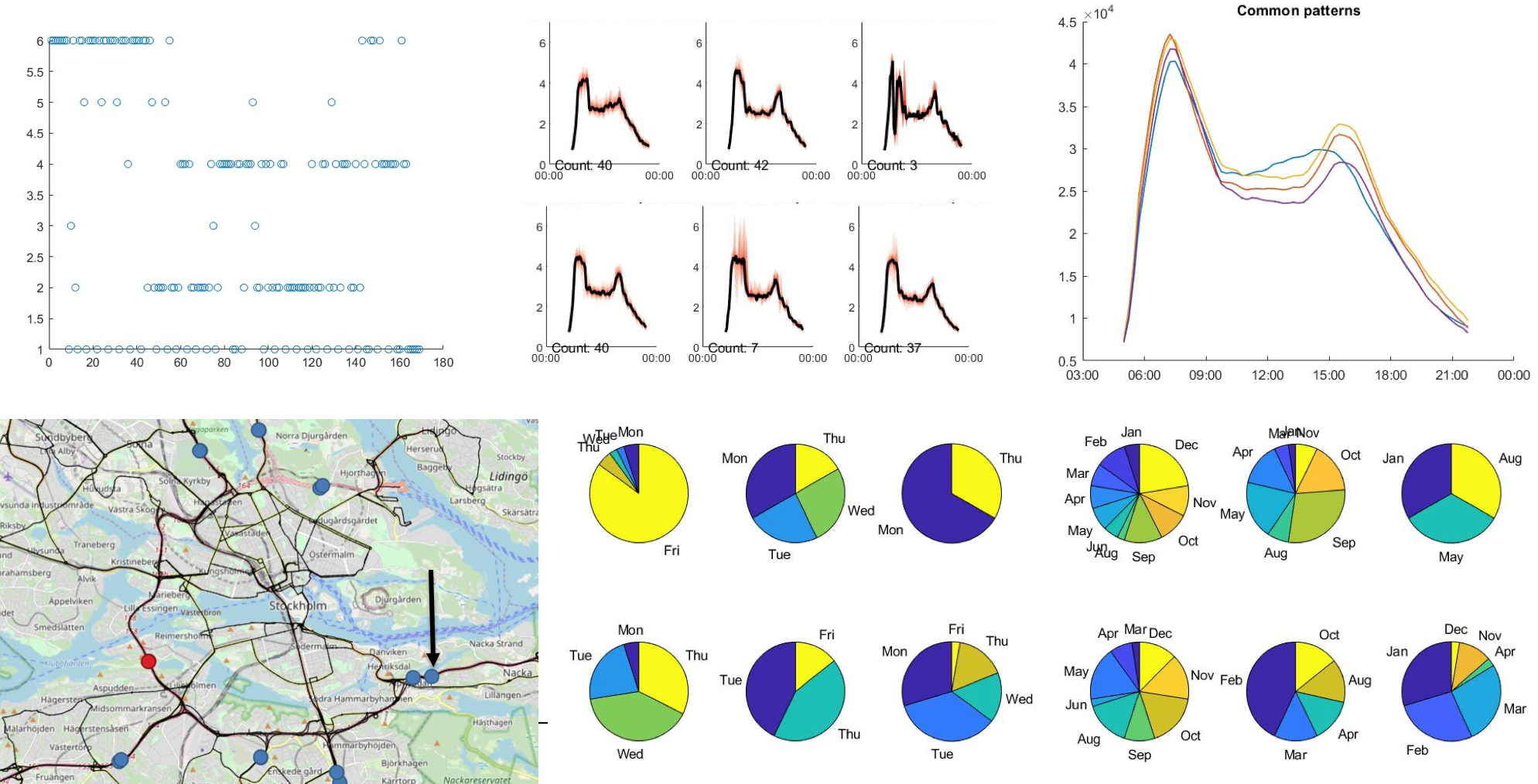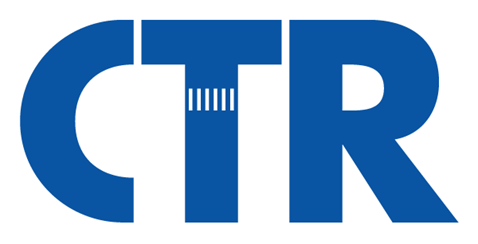POST 1 & 2 - Prediction and Scenario-based Traffic management
“Prediction and scenario-based traffic management (POST)” is based on the Mobile Millennium system for real-time estimation and short-term prediction of traffic situations that was originally developed at UC Berkeley, and which has been further developed within the framework of the Mobile Millennium Stockholm (MMS) project.
The system has been implemented and adapted to the conditions of Stockholm, and new algorithms have been implemented and further developed to significantly improve the estimates for the main streets and motorways in Stockholm. A new network model has been developed based on the NVDB network, and visualisation functions have been created to support the traffic management of Trafik Stockholm (Stockholm traffic information and management centre). Data fusion and filtering methods have been developed to allow the use of additional data sources such as travel time cameras, bluetooth and taxi positions. A calibration frame has been developed, which enables consistent parameter estimation of the traffic model. The validation results show good performance of both the motorway and city network model with respect to MCS sensor data, GPS data and travel camera data. At the same time, an implementation project has provided resources to initiate technology transfer of the algorithms developed in the project to Trafik Stockholm.
The main focus of the current phase of POST is to integrate the results of previous MMS projects with the projects "Calibration of DTA models", the project "Improved tunnel shutdowns" and the ongoing project "Motorway control strategies" to build a framework for scenario evaluation for traffic management. By combining model-based scenario evaluation and optimisation with improved short-term predictions, we can help traffic management at Trafik Stockholm to develop proactive strategies.
The plan for the continuation project POST2 is to continue to develop the framework by improving the following components:
• Improve clustering and classification methods for type day classification and demand prediction for larger network areas and more data sources.
• Expand current basic offline OD estimation to OD estimation and real-time prediction, for real-time traffic management support
• Use existing and calibrated meso or microscopic traffic model as model component in scenario evaluations for larger network areas (both highways and main streets)
The project is carried out by KTH and LiU and is funded by Trafikverket via Centre for Traffic Research (CTR).




